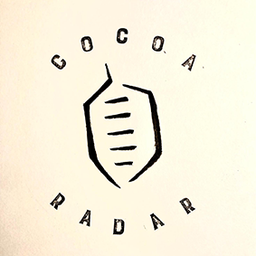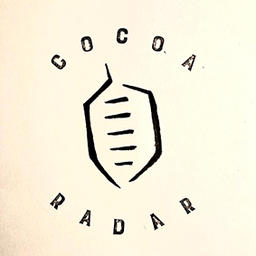This year, Dutch disruptor brand Tony’s Chocolonely wins the ‘Good Egg’ award in this year’s Chocolate Scorecard rankings with Mars, Snickers, Twix, and Malteasers owner Mars Wrigley is recognised for work supporting women, which reduces child labour
On the downside, according to the judges, Cadbury owners Mondelēz International received the ‘Bad Egg’ award for lack of participation, indicating a lack of public accountability.
The Chocolate Scorecard, an initiative co-ordinated by Be Slavery Free, an Australian coalition campaigning against modern slavery, ranks companies based on traceability and transparency across supply chains, whether they pay farmers a living income, efforts to prevent the use of child labour, action on climate and deforestation, how they support agroforestry, and eliminating the use of harmful pesticides.
Companies are categorised as either large, small (less than 1,000 tons of cocoa), or retailers, and they’re evaluated based on a range of policies and practices.
These include:
- Traceability and transparency levels across supply chains
- Whether they pay farmers a living income
- Efforts to prevent the use of child labour
- Action on climate and deforestation
- How they support agroforestry
- Efforts to eliminate the use of harmful pesticides
In its sixth edition, Tony’s Chocolonely, Ritter Sport, Nestlé, and Mars Wrigley have been named among the most sustainable chocolate companies. In other highlights from this year’s survey, chocolate companies report child labour down, but NGO’s call out ‘cocoa washing’ - and record retail prices and shrinking products point to a chocolate sector at breaking point.
‘Cocoa washing’
Fuzz Kitto, co-director at Be Slavery Free, said: “Consumers are being asked to swallow record chocolate prices and shrinking products. The least they expect is chocolate free from slavery.
“The Chocolate Scorecard will help shoppers make smart purchases this Easter. Chocolate companies love to talk about policies and commitments, but 25 years since they promised to eliminate child labour from the supply chain, it's time to stop ‘cocoa washing’ and innovate more effective action.”
Among large chocolate companies, Tony’s Chocolonely scored highest, receiving the Chocolate Scorecard’s Good Egg award.
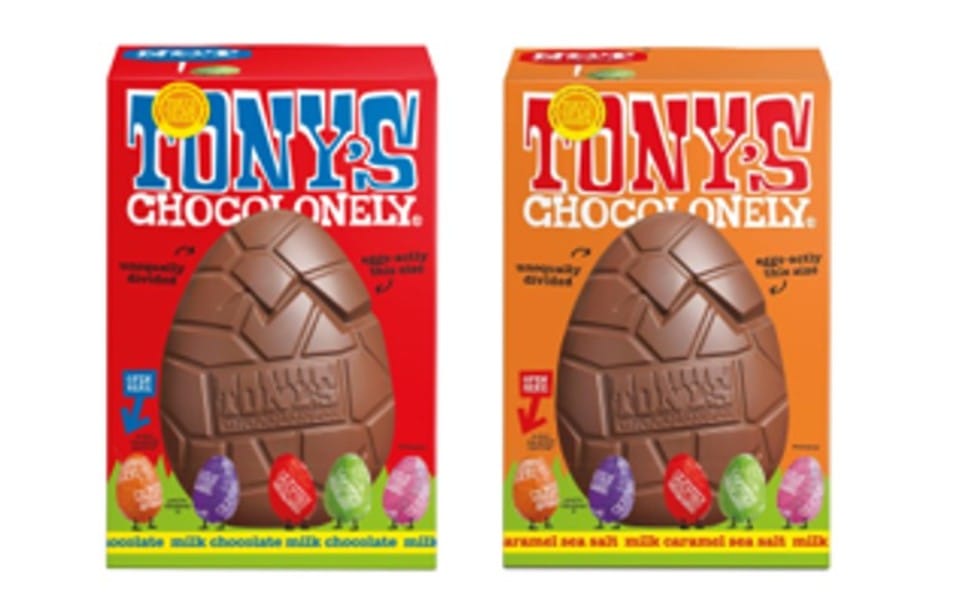
Joke Aerts, head of credible scaling at Tony’s Open Chain, said: "At Tony’s Chocolonely, transparency isn’t just a value—it’s a necessity for driving real change in the cocoa industry. The Chocolate Scorecard plays a crucial role in holding the industry accountable by ensuring companies report on the same key indicators, creating a level playing field for meaningful progress.
“We are proud to participate and honoured to have received the Green Egg Award for the 6th consecutive time. The Scorecard not only motivates us to continuously improve but also pushes the entire industry to step up. We hope it inspires others to take action towards a truly fair and transparent cocoa supply chain.”
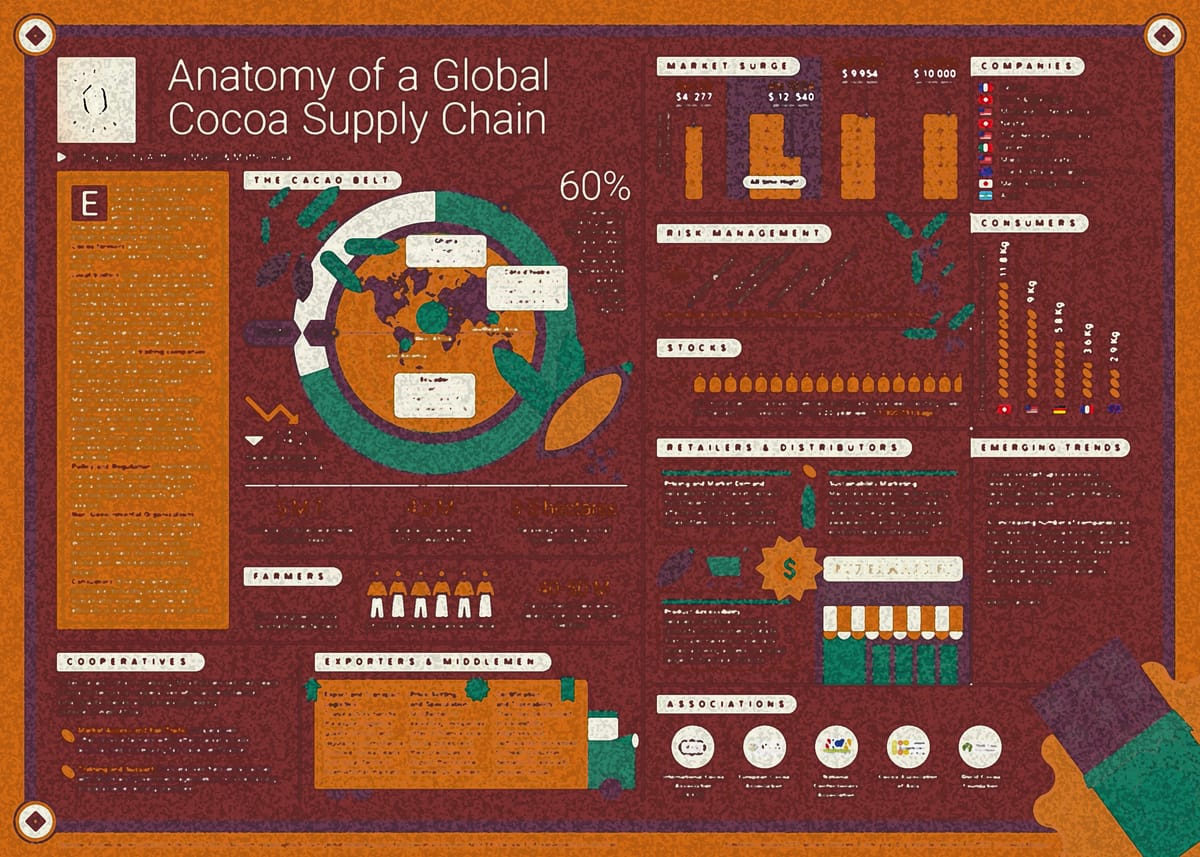
Mars Wrigley was recognised for its work supporting gender equality. Harper McConnell, global vice president-cocoa sustainability at Mars Wrigley, said: “At Mars, we understand that advancing gender equality is vital to helping to improve the cocoa sector. Empowering women farmers helps strengthen cocoa-growing communities while helping to increase household incomes and preserve forests.
“We’re proud of efforts like our long-term collaboration with CARE on the Women for Change program, which, as of 2024, reached 101,000 members, 75% of whom are women, and resulted in $20M in total savings and credits and $13M in loans.”
Overall, this year’s findings have shown improvements in transparency across the industry, with 82% of companies sharing data on child labour, compared to 45% in 2023. The industry reports the number of children experiencing hazardous labour conditions is slightly down, but experts warn they are still only finding less than half of actual cases.
The Good Egg award for smaller companies went to US chocolate manufacturer Beyond Good. Beyond Good buys beans directly from farmers in Madagascar and Uganda, ensuring traceability and fair trade practices.
Swiss retailer Coop received the Good Egg Award for retailers.
‘Name and fame’
During his presentation at the recent World Cocoa Foundation Partnership Meeting in Brazil, Kitto said the Chocolate Scorecard has evolved from a ‘name-and-shame’ to a ‘name-and-fame’ approach, encouraging companies to share their positive efforts.
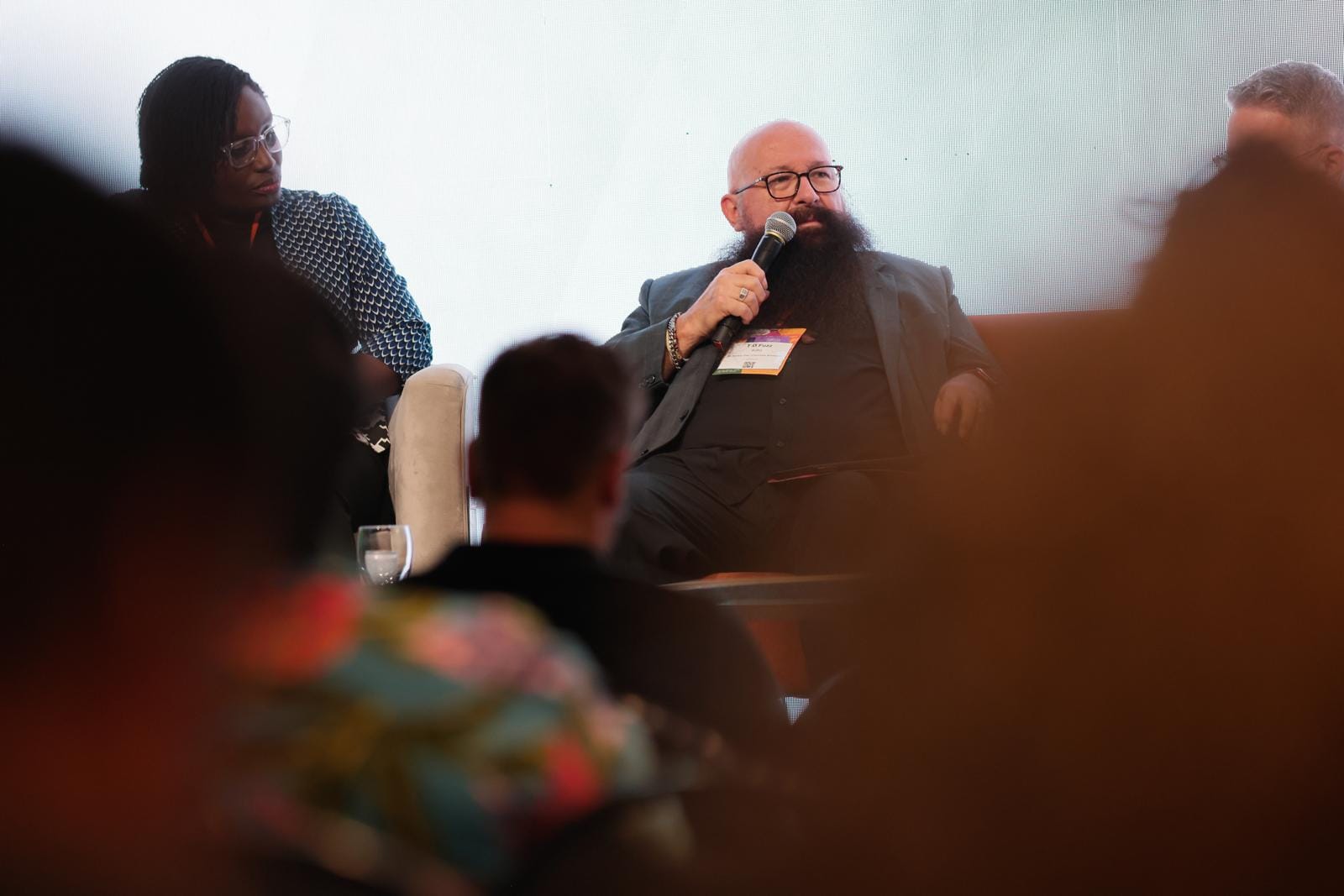
'Bad egg' Mondelēz
It’s a message that multinational chocolate manufacturer Mondelēz, producers of Cadbury, Toblerone, Green&Black, Oreo, and Daim, didn’t receive. Consequently, it was given the ‘Bad Egg’ award due to its lack of transparency after failing to share any details. When it participated in the 5th Edition of the scorecard, it ranked 25th out of 38 large companies.
“If you don't have trust, you're not going to have relationship, Kitto told cocoaradar.com. “And one of the most important things is developing trust between the different players, between the different people, from the farmers through to the consumers. And we work a lot with consumers, and that's one of the reasons that started the chocolate scorecard,” he said.
‘When we did the name and shame, all the people got to see was the bad. Now we're doing name and fame. They get to see what good looks like. And we know with the Chocolate Scorecard that companies go 'we got an orange, but they got a yellow. What are they doing? That we're not doing.'
And there's been a genuine interaction and an understanding between the companies.
During the scoring process, Kitto said he looked at over 1,000 documents on child labour submitted by companies on what they are doing, including policy documents and evaluations, etc. “And many good things are starting to happen if we work together, share information and data, and work on them together.”
The Chocolate Scorecard also highlighted progress on the use of pesticides; however, it was not sufficient to address children's chronic exposure to harmful chemicals. The number of child labourers exposed to harmful pesticides tripled over five years to almost one in three, along with an increase in injuries, health impacts, and level of care needed. It is believed to be dangerous for pregnant mothers.
Deforestation
On deforestation, more than a third of cocoa bought by companies this year comes from deforested or unknown sources. Companies report that 84% of farmers in their supply chain are not earning a living income, or their income is unknown. A living income is the minimum amount needed to have the capacity to cover basic necessities.
This year’s scorecard shows little evidence that farmers are being lifted out of poverty and that their children still work in the supply chain with exposure to chemicals. “Whilst the profits sit with CEO salaries and shareholder dividends, the risk for addressing these issues sits with the farmers,” it noted.
Meanwhile, in 2024, the price of cocoa quadrupled, pushing the chocolate sector to breaking point. In the UK, for example, a 1kg bag of Cadbury Easter eggs (made by Mondelēz) has increased by £3 every year since 2023. Products are shrinking too. Mondelēz reduced its Milka bars from 100 grams to 90 grams while raising the price.
“We can see that consumers are looking to make informed decisions and expect companies to act in an ethical way to eliminate child labour and to produce chocolate in a way that is sustainable for the planet. Companies are responding to that. The improvements shown by these companies are a result of them listening to their customers. Normal people like you and me are making a difference and causing companies to change.” Andrew Wallis, CEO of anti-slavery organisation Unseen.



